Science Fiction Posts on Crowch
Georgia’s contribution to cinema is as rich and layered as its history. Georgian filmmakers have long been praised for their artistic vision, poetic style, and ability to blend humor with tragedy. From Soviet-era masterpieces to contemporary award-winners, these films carry the spirit of Georgia across the world.
1. The Wishing Tree (1976) – Tengiz Abuladze
A lyrical masterpiece, this film tells the story of a small Georgian village, weaving folklore, love, and sorrow into a timeless parable. Its stunning cinematography and poetic narrative earned it international acclaim.

2. Repentance (1984, released 1987) – Tengiz Abuladze
One of the boldest films of the Soviet era, Repentance is a haunting allegory against totalitarianism. Initially banned, it later became a symbol of perestroika and won the Cannes Film Festival Special Jury Prize.
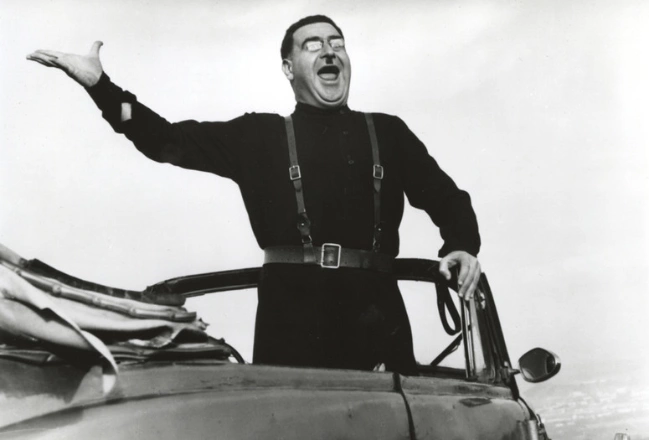
3. Blue Mountains (1983) – Eldar Shengelaia
A sharp satire of Soviet bureaucracy, this dark comedy depicts an author trapped in the absurd world of censorship and inefficiency. Its witty storytelling made it a cult classic.
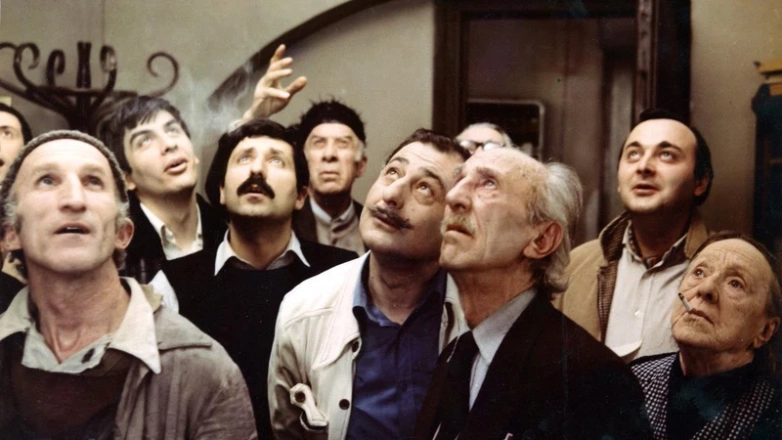
4. The Color of Pomegranates (1969) – Sergei Parajanov
Though Armenian-born, Parajanov shot much of this visually stunning film in Georgia. Known for its surreal imagery and symbolic storytelling, it remains one of the most influential films in world cinema.
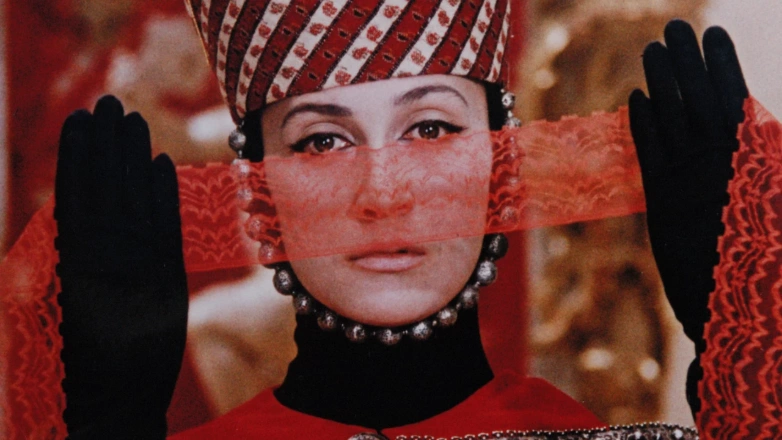
5. Tangerines (2013) – Zaza Urushadze
Set during the Abkhazian conflict of the 1990s, this moving drama tells the story of a farmer who shelters two wounded soldiers from opposite sides. Nominated for both an Oscar and a Golden Globe, it brought Georgian cinema back to the global stage.
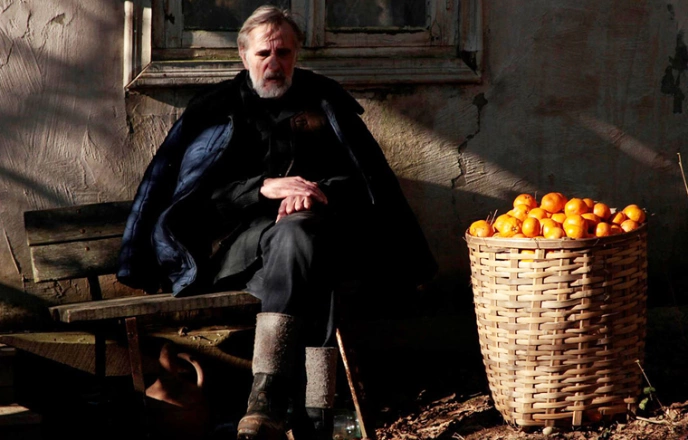
Cinema as Georgia’s Voice
Georgian films are not just entertainment — they are windows into the nation’s soul, expressing resilience, humor, and humanity. Whether through historical allegories, biting satire, or intimate family dramas, they reflect the complexity of Georgian life.
And as Georgia prepares to host Junior Eurovision 2025 in Tbilisi, it will once again share its artistic voice with the world — not just through music, but through the same creativity and authenticity that made its films unforgettable.
https://crowch.com/vote/2918/statistic/ https://crowch.com/vote/2919/statistic/
In 2025, Austin Butler stands tall among the most compelling actors of his generation. After his breakthrough in Elvis, which showcased his stunning ability to fully inhabit a role, he didn’t chase fame — he chased substance.
Today, Butler is not just a face on the screen. He’s a performer who seeks out characters that demand stillness, complexity, and emotional depth. In his 2025 feature — a quiet, minimalist drama — he portrayed a soldier returning home after the loss of his brother. The film relied not on action, but on emotion: glances, breath, stillness. It wasn’t acting — it was being.

Butler doesn’t need to be loud. He doesn’t chase headlines. And that is exactly where his power lies. He brings full presence into every frame. The audience doesn’t just watch him — they feel what’s beneath the surface.
In a time when spectacle often overshadows storytelling, Austin Butler is being recognized as one of the few who brings humanity back to cinema. He’s not afraid of silence. He’s not afraid to be vulnerable. And he’s not afraid to sit with pain that can’t be resolved in a scene or two.
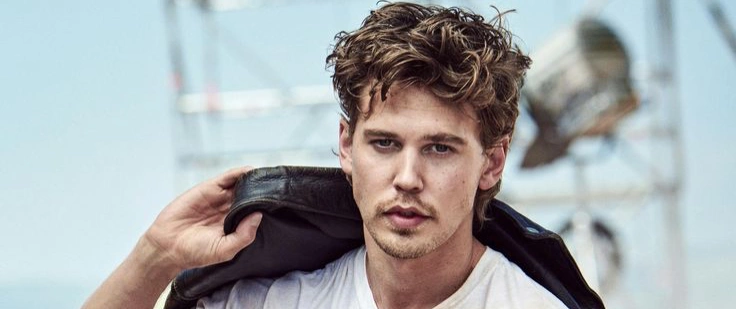
In 2025, Austin Butler is not a trend — he’s the heartbeat of real cinema. A reminder that what matters isn’t how loud you are — but how deeply you feel, and how honestly you share it.
By 2025, Zendaya is no longer simply one of Hollywood’s rising stars — she is a fully established powerhouse. Actress, producer, fashion icon, activist — her influence spans industries, audiences, and generations. But more than anything, Zendaya represents a shift in how we see fame: not as distance, but as connection. Not as performance, but as presence.
After a decade of rapid growth, Zendaya entered 2025 with confidence and clarity. Her performance in the long-anticipated sci-fi epic Dune: Part Two received widespread acclaim for balancing strength and subtlety. She brought quiet intensity and emotional intelligence to a genre that often leans into spectacle. But that wasn’t her only headline.
In 2025, she also produced and starred in an independent psychological drama, directed by a first-time female filmmaker. The story — raw, introspective, and deeply human — became a festival favorite, and Zendaya’s performance was called “career-defining.” It’s a reminder: she doesn’t choose roles to impress. She chooses stories that matter.
Zendaya’s power lies not only in what she does, but in how she does it. She moves with integrity. In interviews, she’s thoughtful, grounded, and refreshingly honest. On red carpets, she doesn’t follow trends — she sets them. Whether in sculptural couture or bare-faced simplicity, she communicates one thing clearly: self-possession.
She has also become a vocal producer and advocate for inclusive storytelling. In 2025, her production company greenlit two projects led by emerging Black and Latina directors — a move widely praised in an industry still struggling to balance representation with substance.
But perhaps Zendaya’s greatest strength is how she holds space for duality. She is both artist and activist. Quiet and commanding. Classic and cutting-edge. She speaks for a generation that refuses to be one thing — and she does so without ever losing her calm, her vision, or her voice.

Her career is no longer just one to watch — it’s one to study. Because in an age of noise, distraction, and spectacle, Zendaya reminds us that depth lasts longer than attention.
In 2025, Zendaya is not just a celebrity — she’s a leader. Not by volume, but by clarity. Not by perfection, but by purpose.

By 2025, Timothée Chalamet has grown into something more than a talented actor — he’s become a cultural symbol. A face of modern cinema that embraces nuance, emotion, and authenticity over superficial strength or loud storytelling. At just 29 years old, he’s already left a mark not only on screen, but in how we think about masculinity, fame, and vulnerability in the public eye.
After the global success of Dune: Part Two, where he led an ensemble through the vast political and emotional deserts of Arrakis, Chalamet proved that he could carry a franchise while remaining true to his introspective, layered style. He brought quiet intensity and fragility to a genre often ruled by explosions and archetypes.
But 2025 saw him pivot once again — this time, to something deeply personal. In a new French-language independent film, Chalamet took on the role of a reclusive writer grappling with past trauma, public pressure, and creative silence. The film, directed by a rising auteur, premiered at the Cannes Film Festival and quickly became one of the most talked-about projects of the year. Critics praised not just his performance, but his restraint — his ability to do more with a pause or a glance than many do with monologues.
This is the essence of Chalamet’s craft: stillness that speaks volumes.
Beyond cinema, Chalamet remains a cultural force. He is redefining what it means to be a leading man in the 21st century — not through dominance, but through emotional intelligence. In an era where audiences crave something real, his authenticity stands out. Whether he’s on the red carpet in daring fashion, speaking candidly in interviews, or disappearing into a role, there’s always a sense that what we’re seeing is real — not manufactured.
His style, both personal and professional, reflects a generation that values sensitivity, openness, and questioning the norms. Young viewers see themselves in him — not as an unreachable idol, but as someone navigating fame, creativity, and identity with honesty and curiosity.
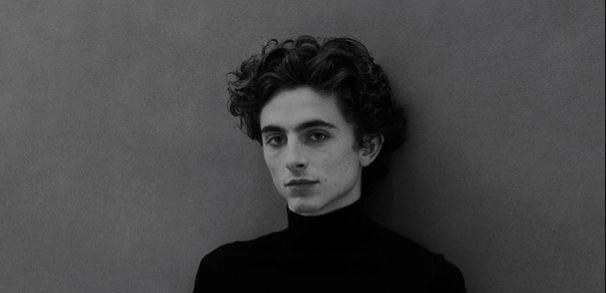
Timothée doesn’t chase roles that "fit the mold." Instead, he shapes every role into something unexpected. From historical dramas to sci-fi, from dreamy coming-of-age stories to abstract art films — he’s not just acting, he’s creating space for emotion in genres that often forget it.
In 2025, while some actors chase the next franchise or billion-dollar opening, Chalamet continues to choose depth, complexity, and risk. And that may be why he’s not just popular — he’s important.
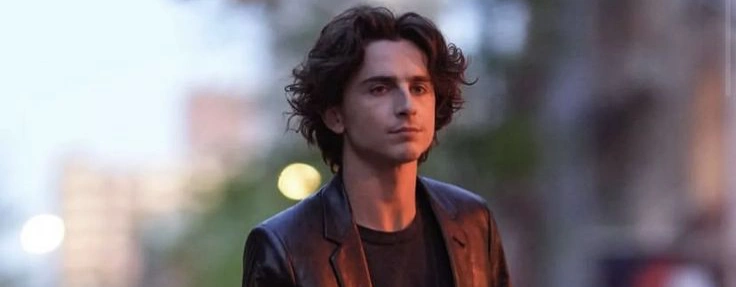
Because in a world oversaturated with images, effects, and spectacle, truth stands out. And Timothée Chalamet has made truth his signature.
In July 2025, fans will witness the highly anticipated return of Dexter Morgan—the iconic antihero from the cult thriller series Dexter. In the new show Dexter: Resurrection, created by Clyde Phillips for Paramount+ and Showtime, Michael C. Hall reprises his role as Dexter, haunted by the shadows of his past. Picking up after New Blood, Dexter lands in New York City on the trail of his son Harrison, while Captain Batista refuses to let go in the search for truth. With co-stars like Peter Dinklage, Uma Thurman, and Ntare Mwine, the series is not just about hunting killers—it explores the fragile balance of identity when one's past resurfaces in a new world. Michael C. Hall portrays not just Dexter’s calculated charm, but also the vulnerability of a man struggling to control his darkness, especially when paternal bonds collide with instinctual habits.
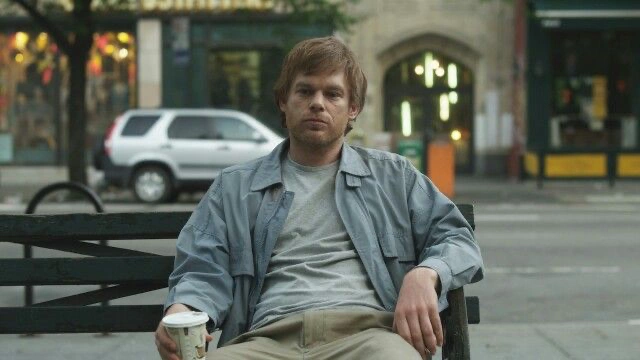
Dexter: Resurrection – A Dark Legacy Reawakened
In July 2025, fans of psychological thrillers and morally complex characters will be drawn once again into the chilling world of Dexter Morgan. The legendary antihero returns in Dexter: Resurrection, a bold new continuation of the story that captivated millions. Created by original showrunner Clyde Phillips for Paramount+ and Showtime, the series promises to push boundaries even further than before, delivering suspense, emotional depth, and gripping drama.
Michael C. Hall steps back into the blood-splattered shoes of Dexter, portraying him with the same magnetic intensity that made the character a pop culture phenomenon. But this time, Dexter is older, more haunted, and navigating a world where his secrets are no longer safely buried. After the explosive events of Dexter: New Blood, the story picks up with Dexter hiding in the shadows of New York City, following the faint trail of his estranged son Harrison.
Now a young man with a complicated past of his own, Harrison has inherited more than just his father’s name—he’s inherited the darkness that runs in the family. As Dexter tries to reconnect and guide his son, he is forced to confront uncomfortable truths about his legacy and the monster he might have passed down.
Adding layers to the drama is the relentless pursuit of Captain Angel Batista, who remains convinced that not all was as it seemed in Iron Lake. Batista's obsession with the truth grows as new clues emerge, pulling him into Dexter’s orbit once more and threatening to expose everything.
The series introduces a stellar supporting cast:
- Peter Dinklage plays a brilliant but morally ambiguous FBI profiler whose past cases may be linked to Dexter’s path.
- Uma Thurman takes on the role of a cold and calculating psychiatrist who sees through Dexter in ways no one has before.
- Ntare Guma Mbaho Mwine joins as a conflicted NYPD detective torn between justice and loyalty.
Unlike its predecessors, Dexter: Resurrection isn’t just about vigilante justice—it’s about what happens when redemption and destruction walk the same line. New York serves as a stark, impersonal setting compared to Miami’s familiar warmth, emphasizing Dexter’s isolation and the emotional weight of his choices.
Expect darker themes, more intricate character development, and a deeper psychological exploration. Dexter is no longer the predator who operates in the shadows—he’s a father, a fugitive, and a man grappling with the consequences of his former life.
The show explores timeless questions: Can people truly change? Is evil inherited, or shaped by environment? And perhaps most importantly—can love survive the truth?
Dexter: Resurrection is not just a revival. It’s a reckoning.
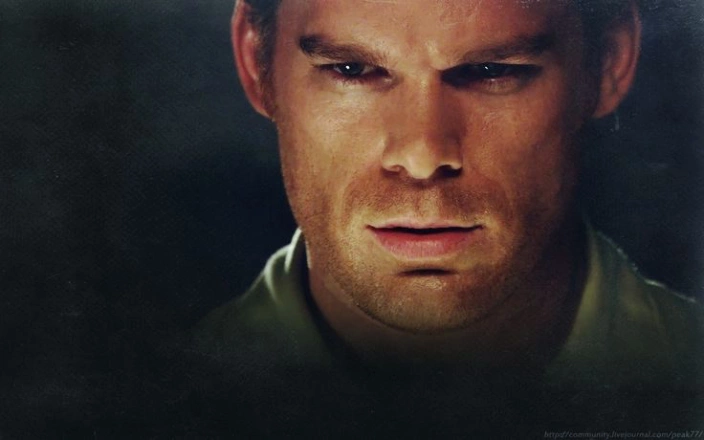
Pedro Pascal has already proven himself a consummate actor—from the charming Din Djarin in The Mandalorian to complex characters in Game of Thrones and The Last of Us. In Materialists, he plays Harry—a wealthy, polished suitor whose outward perfection conceals emotional emptiness .
Pascal masterfully treads the line between reliability and aloofness, painting Harry as a well-intentioned man grappling with insecurity. He becomes the personification of modern success: impressive on the surface, but grappling with loneliness beneath.
🎥 Why he's compelling:
- He deepens his dramatic range with nuanced roles.
- Challenges stereotypes by showing that ideal facades can mask profound complexity.
- Continues his shift from action to emotionally layered performances.
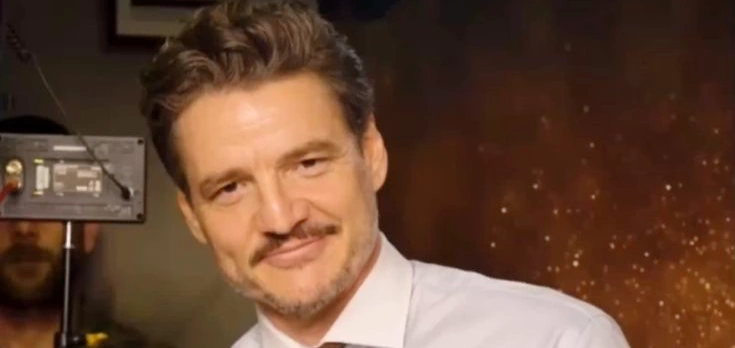
Materialists unfolds in the heart of Manhattan’s glossy social scene — a world of curated lives, glass towers, designer everything, and relationships built as much on perception as on intimacy. At the center of this world is Harry, portrayed by Pedro Pascal in one of his most quietly devastating performances to date. A man of effortless charm and financial ease, Harry navigates elite circles with practiced grace. He knows how to say the right thing, wear the right clothes, and be the person others expect him to be. But beneath the tailored suits and quiet dinners, there’s a man in search of something he can’t buy: real connection.
The film, written and directed by Celine Song (Past Lives), explores the modern romantic dilemma: what happens when emotional depth is out of sync with social performance? Harry isn’t a villain or a manipulator — he’s someone who has built his identity around being wanted but never truly known. His relationships feel like business transactions, often cordial, rarely intimate. His vulnerability, when it emerges, is not theatrical but unsettlingly honest — a quiet admission that he doesn’t know how to be fully seen without the armor of his success.
As the narrative unfolds, we watch Harry’s relationship with a younger artist named Grace — played by Ayo Edebiri — become the axis on which his carefully structured world begins to tilt. Grace comes from a background untouched by generational wealth and is deeply committed to authenticity. Where Harry operates in polished restraint, Grace is messy, unpredictable, and emotionally open. Their dynamic becomes both magnetic and volatile: attraction complicated by misaligned values and unspoken fears.
Pascal plays Harry not as a man in crisis, but as a man quietly aware that something is missing. In one of the film’s most affecting moments, he hosts a dinner party filled with laughter, wine, and artful conversation — only to stand alone afterward in a dimly lit kitchen, listening to the silence. That emptiness isn’t just situational; it’s existential.
The cinematography mirrors Harry’s internal struggle — wide, clean compositions give the illusion of stability, but shadows creep in at the edges. Pascal’s performance is often defined by restraint: a flicker of disappointment in his eyes, a hand that lingers too long on a wine glass, the silence between spoken lines. He embodies a character who is not tragic in the traditional sense, but quietly, modernly lost.
Materialists is a film not about romance, but about the illusion of fulfillment — what happens when we pursue the life we’re told to want, only to discover it doesn’t fit. Harry represents a generation of men taught to provide, impress, and lead, but not necessarily to connect. Pascal’s portrayal digs into this space with intelligence and sensitivity, offering no easy answers — only a portrait of someone trying, failing, and trying again.
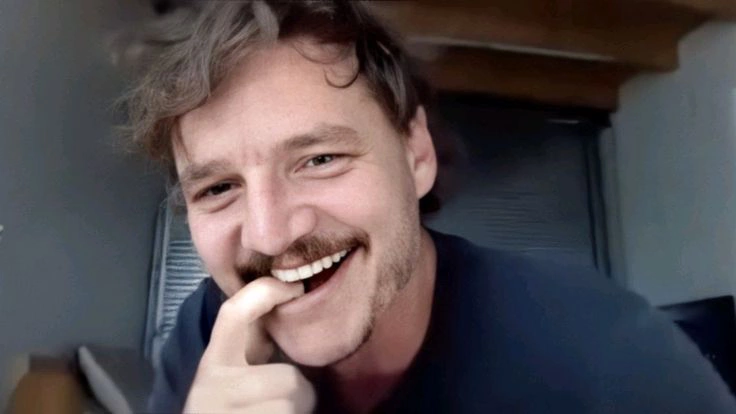
As Pedro Pascal continues his evolution from genre icon to layered dramatic actor, Materialists serves as a pivotal moment. It's a story that doesn’t rely on spectacle or archetypes but instead leans into subtlety, complexity, and contradiction. And in doing so, Pascal reminds audiences why he remains one of the most compelling actors of his generation: he doesn’t just perform roles — he inhabits people.